Paul is one of the moderators of the Pauper EDH subreddit, as well as an article writer and rules committee member at the website PDHHomeBase. His most recent article can be found here
, he has a lot of knowledge to share about Pauper EDH or EDH itself, so we went to him with some questions!
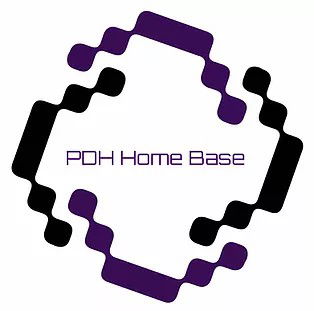
Hi Paul, you have a lot of history in this format, could you tell us how and when it began?
The idea of Pauper EDH has been floating around ever since EDH started to gain mainstream attention. I’ve heard there were some rough PDH decks online as early as the mid 2000’s, and MtG Salvation has primers going back as far as 2012. Many people discover PDH by accident, though. They make up their own format by combining Pauper and Commander, and just play with their own group. That’s what I did, and I didn’t discover PDH was already a widely recognized format until 2 years later. PDH Home Base wasn’t made until 2017, when Kyle (AKA Salty River) brought a group together from the Reddit, MtG Salvation, and TappedOut communities. Having ties to all those online resources was the first step in pulling together all the different play groups that came up with Pauper EDH on their own.
Let's say you have resources, all Power 9 in your collection. Would you still choose PDH over EDH? Or the two formats can be played and no needs to choose something?
I would still play both, just like I do now. I feel like each one makes me appreciate the other more. When I made my first PDH decks, it was because I was looking for an alternative to budget EDH. My EDH playgroup was full of fetches, duals, cradles, and tabernacles. I never felt like I could properly brew without wasting a lot of time and money before finding out my brew couldn't cut it in my play group. I was also tired spending whole games twiddling my thumbs because of board wipes or stax.
In PDH, there are only a few cards over $5, so almost everyone can afford to optimize their decks if they want. There's also very little stax, very few board wipes, and far fewer tutors to enable combos. This forces players to interact and play politics far more consistently, while also decreasing the number of "feels bad" moments. When the Common Knowledge Pauper podcast did an episode on PDH earlier this year, they summed it up nicely, saying, "[PDH] embodies the Spirit of EDH better than EDH does."
After playing PDH, though, I actually found myself enjoying EDH more, not less. With my urge to brew and desire for more inclusive gameplay satisfied elsewhere, I was happier tweaking and improving my existing EDH decks and reveling in the chaotic play of my EDH group. The ridiculously explosive nature of EDH is one thing that Pauper Commander will never quite match.
PDH is still not a sanction format. How it works if I want to know the rules and banlist?
PDH Home Base has a rules page, which also has a link to the banlist at the bottom! The rules are pretty similar to regular EDH, with the exceptions of which cards are legal and starting life totals. However, we’ve also found some interesting exceptions along the way that are completely unique to PDH. For example, look at Beanstalk Giant. EDH doesn’t have any commanders with adventure, so we had to figure out how that worked with the command zone. We decided that the spell half and creature half of the card shared the same commander tax, but only when casting from the command zone.
This is the exact reason I joined the PDH Home Base team. The site was the only resource (in English) that was trying to get everyone in the community to agree about a set of official rules. I wanted PDH to grow, and I thought getting everyone to use the same rules was really important for that. So I joined the Home Base team and started writing articles.
Right now the banlist is only common sense stuff, like silver border and ante cards. There are a few watchlist cards, such as Disciple of Deceit, Peregrine Drake and Rhystic Study, but none are too format warping right now. Maybe once the format gets larger and more competitive one of these will need a ban. For now, though, they are still just fun and powerful.
One last note is that, just like EDH, the PDH community encourages the use of house rules. For example, the biggest youtube channel in the format, PDH Pals, play with silver border cards and a different starting life total.
Let's talk about your committee now. How is the process to decided each rule in your committee?
Right now there’s only 4 of us, so we listen to the community a lot to make sure we are not ignoring different reasons and arguments. We then go talk in a private Discord chat until we all agree.
Our hardest decision so far was whether the uncommon Planeswalkers from War of the Spark could be legal commanders. In the end, we made the same decision as the EDH rules committee, keeping planeswalkers illegal as official commanders, but encouraging players to talk to their groups about using them as unofficial commanders. I actually wrote a whole article on that because I wanted the community to understand how seriously we considered the issue. We don’t write articles about every decision we make, but we do think long and hard when making those decisions.
The centralization of the rules is, in fact, very important, even for a more serious growth of the format, but country needs to feel safe and represented in your committee. For example, although this is not a problem for Pauper: Secret Lair products are not sold in Latin America neither Africa and some committee in these regions can feel the need to ban those cards in other formats. How your committee represents the plurality of the world we live in?
All of our current committee members are from North America. However, several of us have lived in other countries and many community members on the Home Base Discord from Europe and at least a few from Latin America. Some of them have even translated articles into German and Spanish in the past. If there are issues affecting PDH for players in other countries, we absolutely want to hear about them.
How do you see the growth of PDH in the USA?
It’s difficult to estimate the relative size of MtG formats, but reddit community size is at least easy to track. Oathbreaker subreddit had only 1000 subscribers before it exploded in popularity last year. The PauperEDH subreddit already has more than twice that many (currently about 2500). I think PDH is ready to rapidly grow, it just needs a well known content producer to shine a spotlight on it.
After that, the challenge is keeping players interested. People stopped playing Oathbreaker because it was too similar to EDH and has a small pool of available commanders. PDH shouldn’t have those problems, though, because it plays with a whole different set of cards than EDH. PDH also has a far larger number of commanders than Oathbreaker (3500 compared to less than 250).
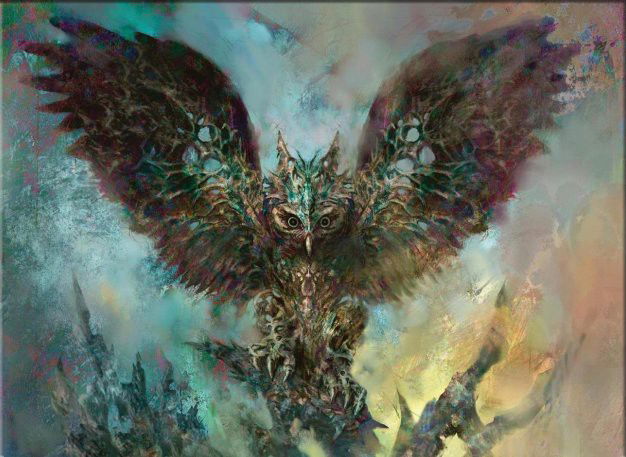
Ok, to end this interview: where can I find content and decklists in PDH format? Do you have a list of websites, youtubes and podcasts about this format?
Yes! Several of our team members focus very heavily on developing online resources for PDH. We have a Decklist Compendium that contains decklists for many commanders, sorted by color identity. Community members are constantly submitting more decks to this list. PDH Home Base also has a rough Tier List
, which can help players understand the average deck power in the format. This isn't comprehensive, but it can give more competitive players a place to start looking at higher power commanders. The MtG Salvation community also has a Compendium
and a page listing resources
.
For discussing PDH online, there are several active communities, including a Facebook Page, a Discord channel
, and a subreddit
.
For video content, the biggest creators are the PDH Pals. They have a ton of videos of multiplayer games, plus a lot of set discussion videos.
As a final note, I would like to talk about the best ways to actually play games of PDH (if you can’t get your play group interested yet). First, you can play digitally. There are matchmaking channels on the Home Base Discord for finding matches through Cockatrice, Untap.in, Tabletop Simulator, and Webcam. Second, because decks tend to be so cheap, you can assemble a small battle box of decks. This allows you to lend decks out to interested players for a game or two, even if they have never heard of PDH before. Personally, I have done both and greatly enjoyed the experience.
Thank you so much Paul for the interview!
If you have an interesting project, format to be unveiled like Paul's or just want to chat, send us an email: staff@cardsrealm.com

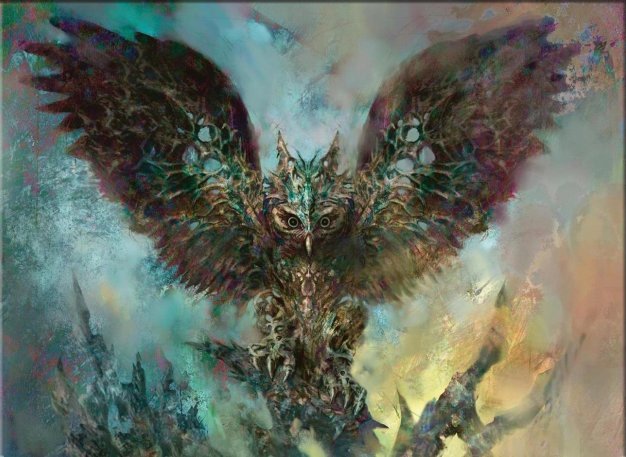






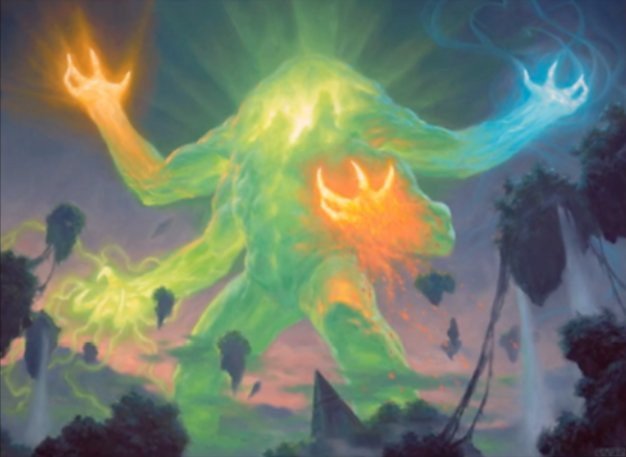
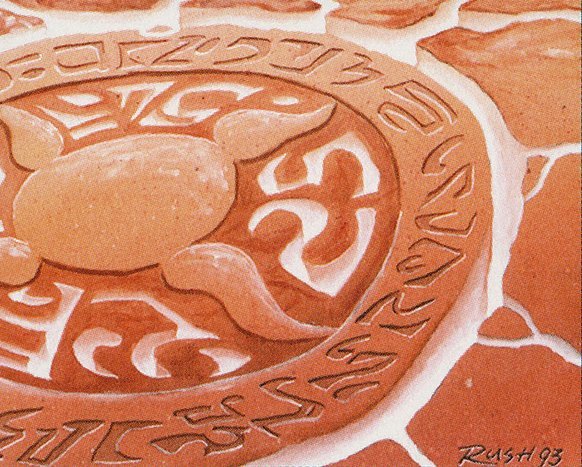



— Comentarios 0
, Reacciones 1
Se el primero en comentar